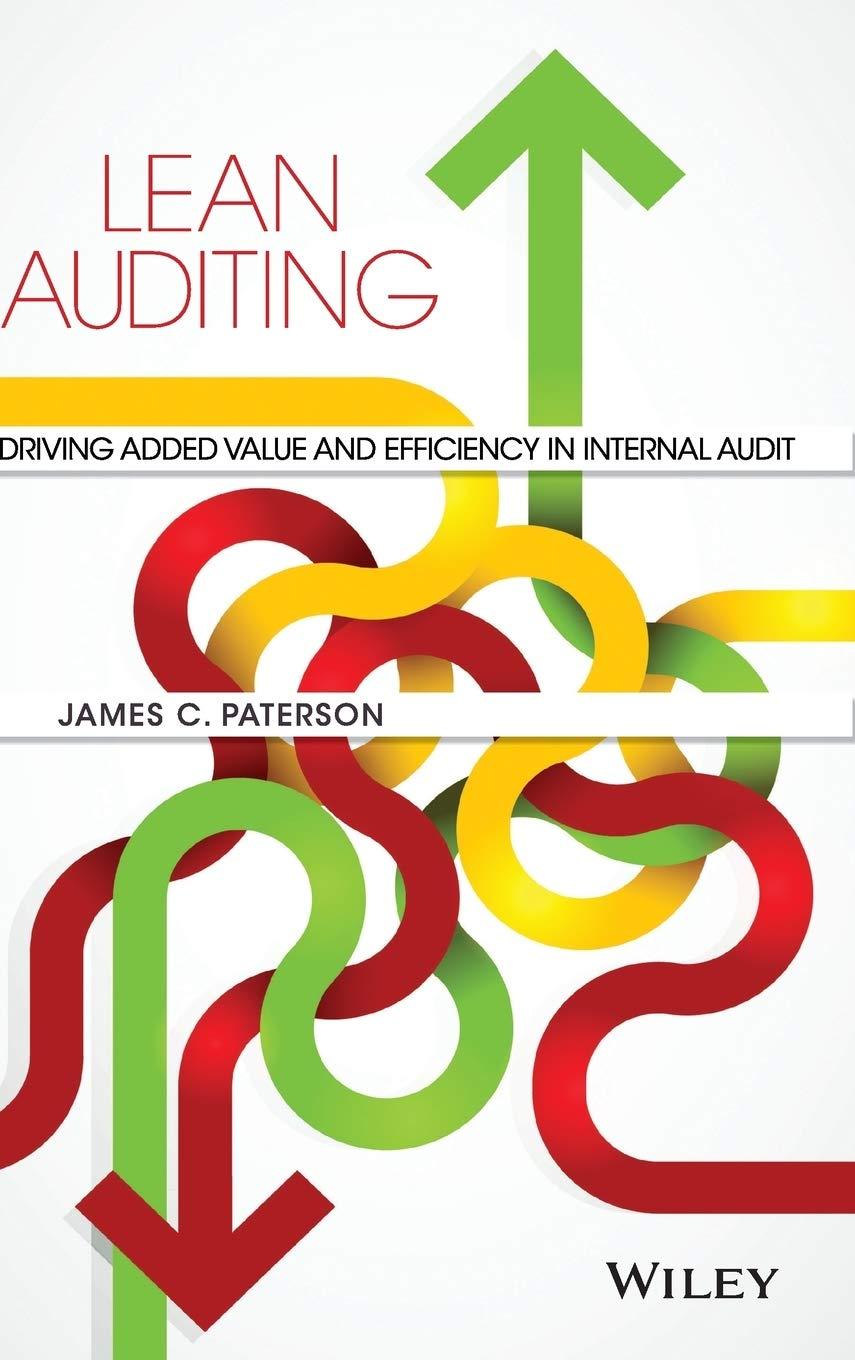If a 30% acquisition is made at a price above book value due to an investor has significant influence over he investee, what will be the relationship between the Equity Investment account and the investee's stockholders' equity? a. There is no particular relationship b. The Equity Investment account will remain at original cost even as the investee's stockholders equity increases. c. The Equity Investment account balance will equal 30% of investee's stockholders' equity throughout the life of the investment. d. The Equity Investment account balance will equal 30% of investee's stockholders' equity at date of acquisition, plus the unamortized cost of the patent. In the case of an equity method investment for which there is a change in fair value: a. Unrealized gains are reported in the income statement, but unrealized losses are not reported b. Unrealized gains and losses are reported on the balance sheet only c. Unrealized gains and losses are recognized in other comprehensive income d. No gains are recognized in income until the investment is sold If an investor sells merchandise to an investee and the investee resells all of the items to outside parties in the same period, what equity method entry is required? a. The entire gross profit is deferred with a debit to Equity Income and credit to Equity Investment. b. No equity method entry is required, since the gross profit is realized. c. The entire gross profit is deferred with a credit to Equity Income and Debit to Equity Investment The investor's percentage of the gross profit is deferred with a debit to Equity Income. When a noncontrolling, Equity-Method Investment balance is reduced to zero as investee incurs losses: a. The investment remains at zero until the investment is sold b. The investment remains at zero until profits have eliminated the unrealized loss c. The investor must change to the fair value method d. Additional investment losses will result in a credit balance in Equity Investment When an investor can no longer exert significant influence over the investee, it must change to the fair value method if the investment has a readily determinable fair value. What is the required accounting treatment on investor's books? a. A prior period adjustment is recorded to bring retained earnings to what it would have been if the new method had been used in the past. b. The book value on the date of change becomes the 'cost" of the investment. c. The investment will be adjusted to its fair value. d. Both b and c are required. If a 30% acquisition is made at a price above book value due to an investor has significant influence over he investee, what will be the relationship between the Equity Investment account and the investee's stockholders' equity? a. There is no particular relationship b. The Equity Investment account will remain at original cost even as the investee's stockholders equity increases. c. The Equity Investment account balance will equal 30% of investee's stockholders' equity throughout the life of the investment. d. The Equity Investment account balance will equal 30% of investee's stockholders' equity at date of acquisition, plus the unamortized cost of the patent. In the case of an equity method investment for which there is a change in fair value: a. Unrealized gains are reported in the income statement, but unrealized losses are not reported b. Unrealized gains and losses are reported on the balance sheet only c. Unrealized gains and losses are recognized in other comprehensive income d. No gains are recognized in income until the investment is sold If an investor sells merchandise to an investee and the investee resells all of the items to outside parties in the same period, what equity method entry is required? a. The entire gross profit is deferred with a debit to Equity Income and credit to Equity Investment. b. No equity method entry is required, since the gross profit is realized. c. The entire gross profit is deferred with a credit to Equity Income and Debit to Equity Investment The investor's percentage of the gross profit is deferred with a debit to Equity Income. When a noncontrolling, Equity-Method Investment balance is reduced to zero as investee incurs losses: a. The investment remains at zero until the investment is sold b. The investment remains at zero until profits have eliminated the unrealized loss c. The investor must change to the fair value method d. Additional investment losses will result in a credit balance in Equity Investment When an investor can no longer exert significant influence over the investee, it must change to the fair value method if the investment has a readily determinable fair value. What is the required accounting treatment on investor's books? a. A prior period adjustment is recorded to bring retained earnings to what it would have been if the new method had been used in the past. b. The book value on the date of change becomes the 'cost" of the investment. c. The investment will be adjusted to its fair value. d. Both b and c are required







